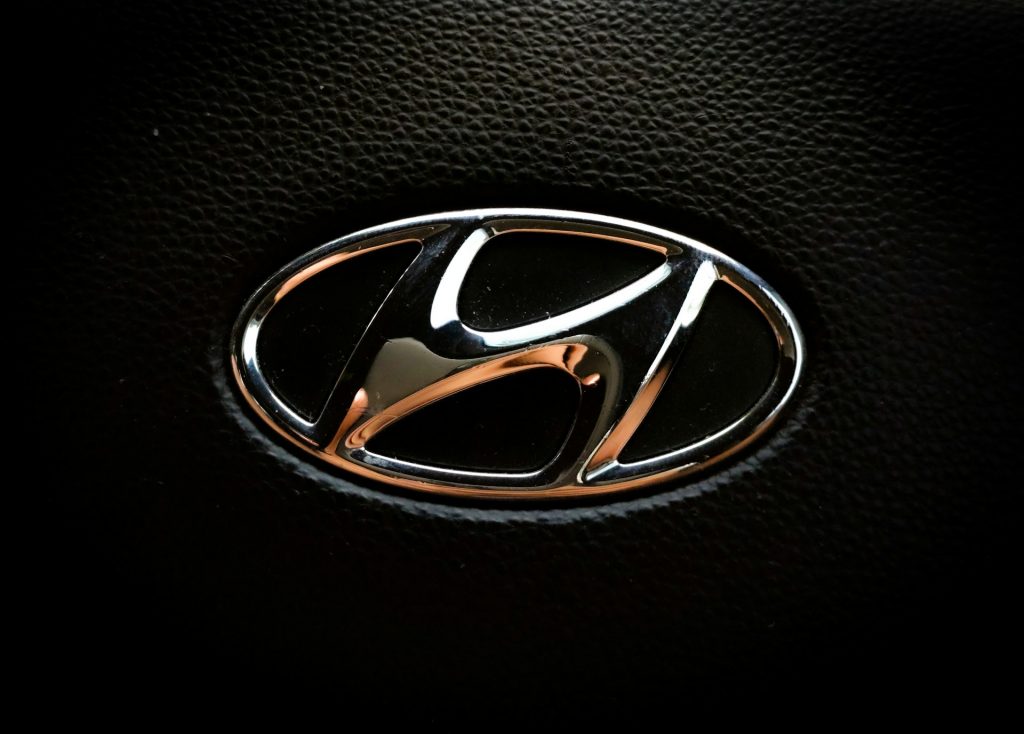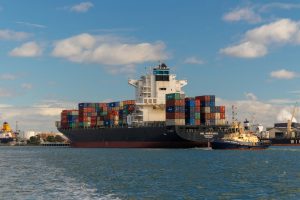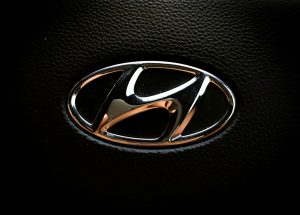HD Hyundai Heavy Industries to Absorb Mipo Dockyard in Major Restructuring

HD Hyundai Heavy Industries (HHI) has announced its decision to merge with affiliate HD Hyundai Mipo Dockyard, a major business restructuring aimed at strengthening its core competitiveness and expanding its footprint in the global defense market. The move is seen as a strategic play to accelerate the company’s involvement in the “Make American Shipbuilding Great Again” (MASGA) initiative.
The decision was finalized on August 27th, following separate board meetings held by HD Korea Shipbuilding & Offshore Engineering (KSOE), HHI, and HD Hyundai Mipo, where the merger was approved. This marks the most significant reorganization since the establishment of HD KSOE, the shipbuilding sector’s intermediate holding company, in 2019.
Details of the Merger
The merger will be executed through a stock swap, with shareholders of HD Hyundai Mipo receiving 0.4 shares of HD Hyundai Heavy Industries for each Mipo share they hold. Currently, HD KSOE is the largest shareholder in both companies, holding a 74.18% stake in HHI and a 42.40% stake in HD Hyundai Mipo. Following the absorption, HD KSOE’s stake in the newly integrated entity will be adjusted to 69.29%.
The two companies are set to launch as a single, unified HD Hyundai Heavy Industries in December of this year, pending approval from an extraordinary shareholders’ meeting and regulatory reviews. HD Hyundai stated, “This is a strategic measure to secure an absolute competitive advantage in an increasingly fierce global market by maximizing synergies for both quantitative and qualitative growth, diversifying our markets, and preemptively developing cutting-edge technology.” The company also noted that key competitors in China and Japan have already completed similar consolidations of their top shipbuilding firms.
A Strategic Push into the U.S. Defense Market
Analysts widely agree that a key driver for the merger is the expansion of HD Hyundai’s defense business. The consolidation is designed to concentrate the group’s capabilities around HHI’s Special & Naval Shipbuilding Division to capitalize on growing demand fueled by the MASGA project and a global trend toward strengthening naval power.
The synergy is clear: HHI brings extensive experience in warship construction, while HD Hyundai Mipo possesses docks and facilities ideally suited for building these vessels. The merger will allow HHI to extend its U.S. Navy Maintenance, Repair, and Overhaul (MRO) license across HD Hyundai Mipo’s assets. Last July, HHI secured a Master Ship Repair Agreement (MSRA) with the U.S. Naval Supply Systems Command, qualifying it to bid on MRO projects for the U.S. Military Sealift Command’s support ships and active U.S. Navy combat vessels for the next five years.
HD Hyundai explained that by combining the capabilities and infrastructure of both companies, they can “further expand naval vessel sales and enhance bidding competitiveness for special-purpose ships by integrating our construction track records.”
Enhancing Global Operations and Specialized Markets
Alongside the merger, the company is targeting growth in the market for special-purpose vessels, such as icebreakers, which are in higher demand due to development in the Arctic region. “By combining the diverse portfolios of both companies, we will expand opportunities and increase our market share in the special-purpose vessel market,” an official said.
To further streamline its global presence, HD KSOE will establish a new investment corporation in Singapore. This entity, slated for a December launch, will act as a central hub for all overseas operations. It will manage foreign production bases, including HD Hyundai Vietnam Shipbuilding and a new facility in the Philippines, while also spearheading the search for new yards and business partnerships.
“In line with the merger, we will unify our overseas business structure under the Singapore investment firm,” HD Hyundai stated. “This will allow for the integrated management of multiple overseas subsidiaries, enabling a more rapid and flexible response to the global market.”





